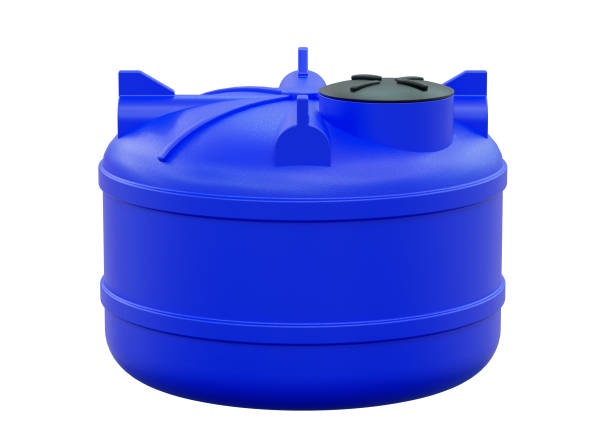In the realm of agriculture and farming, water is an invaluable resource. It sustains crops, nurtures livestock, and drives the entire agricultural ecosystem. Ensuring a reliable and efficient water supply is paramount for the success of any farming operation. This is where water tanks come into play, offering tailored solutions to address the unique water needs of agriculture and farming.
The Importance of Water in Agriculture
Water is the lifeblood of agriculture. It's essential for various farming activities, including irrigation, livestock hydration, and cleaning. Adequate water supply directly impacts crop yields, animal health, and overall farm productivity. Therefore, having a dependable source of water and efficient storage solutions is crucial for farmers.
Water Tanks: The Backbone of Farming
1. Irrigation
Irrigation is a fundamental component of modern agriculture. Water tanks are instrumental in collecting and storing rainwater or other water sources for irrigation purposes. This not only conserves water resources but also allows farmers to distribute water precisely to their crops, minimizing wastage and ensuring optimal growth.
2. Livestock Watering
Farm animals rely on a constant and clean water supply for their well-being. Water tanks provide a ready source of water for livestock, ensuring they remain hydrated and healthy. Automatic watering systems connected to these tanks can streamline the process, reducing labor and ensuring animals always have access to water.
3. Emergency Supply
In times of drought or water scarcity, having a reserve of water in tanks can be a lifesaver for both crops and animals. Water tanks serve as a buffer, allowing farmers to bridge the gap during water shortages and ensuring that their agricultural activities can continue without significant disruption.
Types of Water Tanks for Agriculture
When it comes to water tanks for agriculture and farming, various options are available, each with its own advantages and applications:
1. Polyethylene Tanks
Polyethylene tanks are lightweight, durable, and resistant to corrosion, making them a popular choice for farmers. They come in various sizes and can be easily transported and installed. These tanks are suitable for both above-ground and below-ground installations.
2. Steel Tanks
Steel tanks are known for their strength and longevity. They can withstand harsh weather conditions and are often used for large-scale agricultural operations. Steel tanks are an investment in long-term water storage.
3. Concrete Tanks
Concrete tanks are a robust and durable choice, ideal for large water storage requirements. They are commonly used for irrigation reservoirs and can last for decades with proper maintenance.
Frequently Asked Questions
1. How do I calculate the size of the water tank I need for my farm?
The size of the water tank depends on factors such as the size of your farm, the water requirements of your crops and livestock, and the local climate. Consulting with a water storage expert can help you determine the right size for your specific needs.
2. Are there water tank systems that can be automated for irrigation?
Yes, many water tank systems can be integrated with automated irrigation systems. These systems can be programmed to deliver water to your crops at specific times, ensuring efficient water distribution.
3. How do I maintain my water tank to ensure longevity?
Regular maintenance is essential to prolong the life of your water tank. This includes cleaning the tank periodically, checking for leaks, and inspecting the integrity of the tank's materials. Consult the manufacturer's guidelines for specific maintenance recommendations.
4. Can I use rainwater harvesting systems in conjunction with water tanks?
Yes, rainwater harvesting systems can be integrated with water tanks to collect and store rainwater for agricultural use. This sustainable approach not only conserves water but also reduces reliance on external water sources.
5. Are there government incentives or grants available for investing in water tanks for agriculture?
In some regions, governments offer incentives, subsidies, or grants to encourage farmers to invest in water-saving technologies, including water tanks. Check with your local agricultural authorities to see if such programs exist in your area.
Conclusion
Water tanks play a pivotal role in agriculture and farming by ensuring a consistent and reliable water supply. From irrigation to livestock watering and emergency water reserves, these tanks are the backbone of modern agricultural practices. As farmers continue to face challenges related to water availability and sustainability, investing in the right water tank solution is essential for the prosperity and resilience of agricultural operations. Choose wisely, and your farm will thrive with the steady flow of this precious resource.



No comments yet